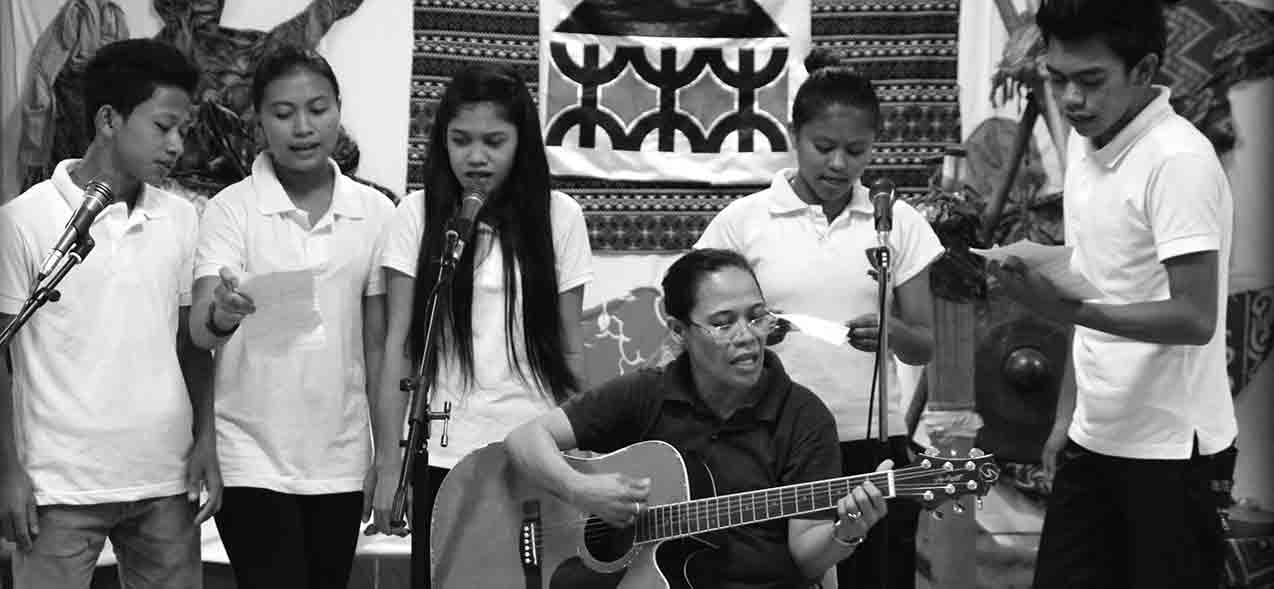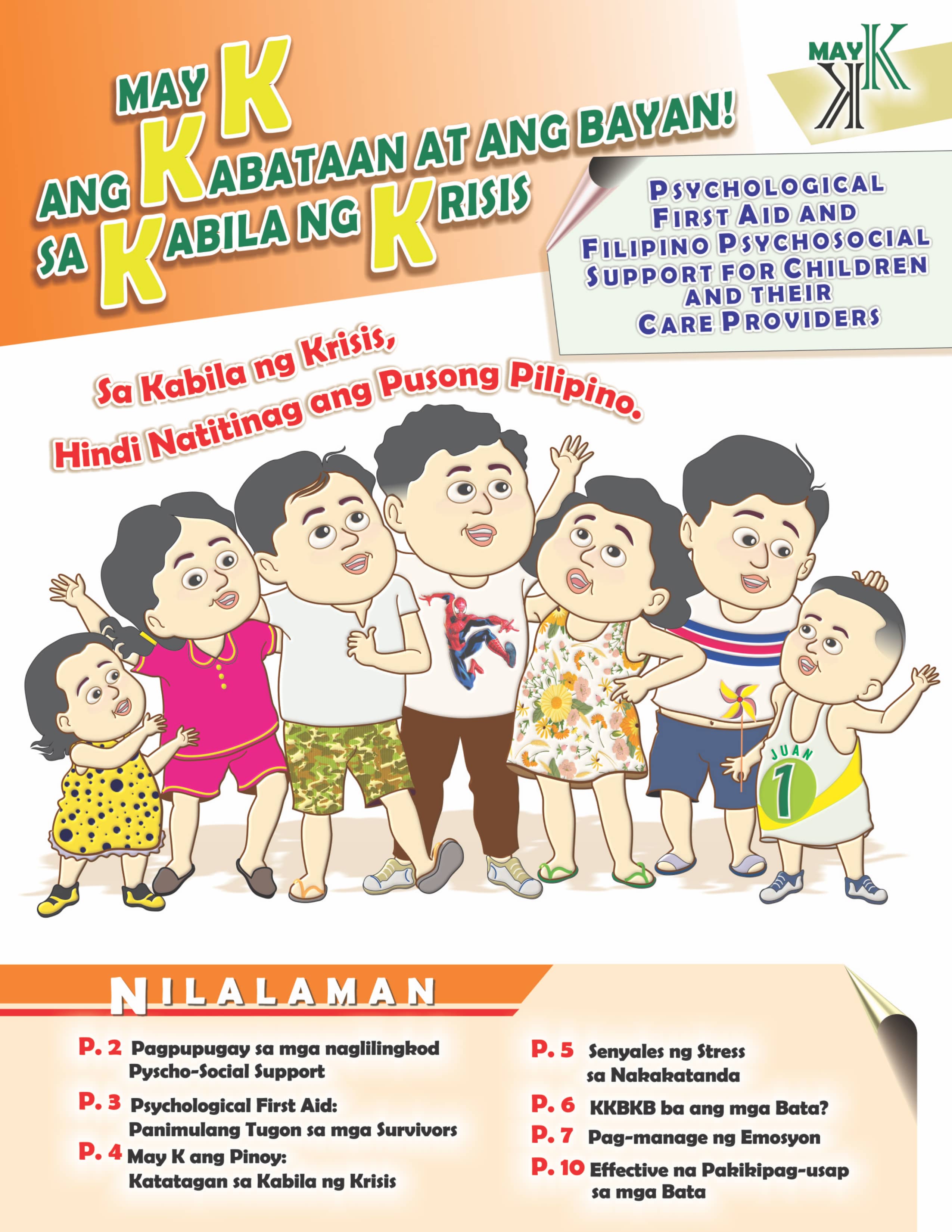23 June 2011, 10:00 AM – a consultation meeting with torture survivors regarding the National Rehabilitation Program for Torture Survivors at the Trimona Healthy Dining was held. The activity was held in lieu of the fact that the formulation of the rehabilitation program for torture survivors is already under development. The formulation of a "comprehensive rehabilitation program for victims of torture and their families" was required as stated in Section 19 of the Anti-Torture Act of 2009. The development of the rehab program shall be spearheaded by the Department of Social Welfare and Development (DSWD), Department of Justice (DOJ), Department of Health (DOH) and human rights organizations (i.e. Balay Rehabilitation Center).
The meeting was aimed to draw out practical suggestions on how to make the program better for torture survivors. The organizers of the activity were conscious that, if a rehabilitation program is to be institutionalized by the government, it would be best to consult torture survivors on what the program should look like for they are its primary recipients. The meeting was attended by at least seven torture survivors and member organizations of the UATC, namely: Balay Rehabilitation Center, Amnesty International Philippines, Medical Action Group and Philippine Alliance of Human Rights Advocates.
NGO Framework
According to torture survivors, it would be better if the government would adopt the rehabilitation framework of non-governmental organizations. Torture survivors added that it is the NGOs who have been working with this type of population for the longest time and these NGOs also have the expertise in providing the appropriate intervention and services.
A Question of Trust
As the discussion about the rehabilitation program went on, concerns aside from the provisions of the program arose. The issue of trust with the government was a salient issue for the torture survivors. According to one survivor, "I am deeply troubled to know that the government would handle the program. I am wondering who would handle it. I have my doubts". He continued, "...personalities from non-governmental organizations (NGOs) should handle the program". Another survivor expressed his concern, according to him, "I do not trust agents of the government anymore. I have suffered much from them".
Deeper Participation
"There are a lot of untapped resources that may be utilized to give form to the rehabilitation program", Ernesto Anasarias, the executive director of Balay said. He pointed out that NGOs working on the issue of torture should look for mechanisms that would ensure that torture survivors are able to fully participate in the process of developing the program. As a start, he suggested that a similar activity can also be held with other torture survivors. The proceedings of the activity can then be collated to formulate practical suggestions for the rehab program.
A Different Perspective
In the end, the meeting came into a realization that, thru [legislation] the Anti-Torture Act of 2009, the function of taking care of torture survivors – rehabilitation and compensation – officially became a state obligation. However, in order to be effective in this function, the government must undergo a process of modifying their "ways of working and thinking". And, it is imperative for civil society organizations and torture survivors alike to send out that message. This message shall be expressed publicly the following day thru a mass demonstration entitled: Basta Run Against Torture V.
*The consultation meeting with torture survivors regarding the National Rehabilitation Program was organized by the United Against Torture Coalition (UATC). The UATC is a coalition composed of several human rights institutions and non-government organizations working together in defending human rights in the fight to eliminate the use of torture in the country. Balay Rehabilitation Center, Inc., is the current secretariat-organization of the UATC and is the primary organizer of the consultation meeting.























